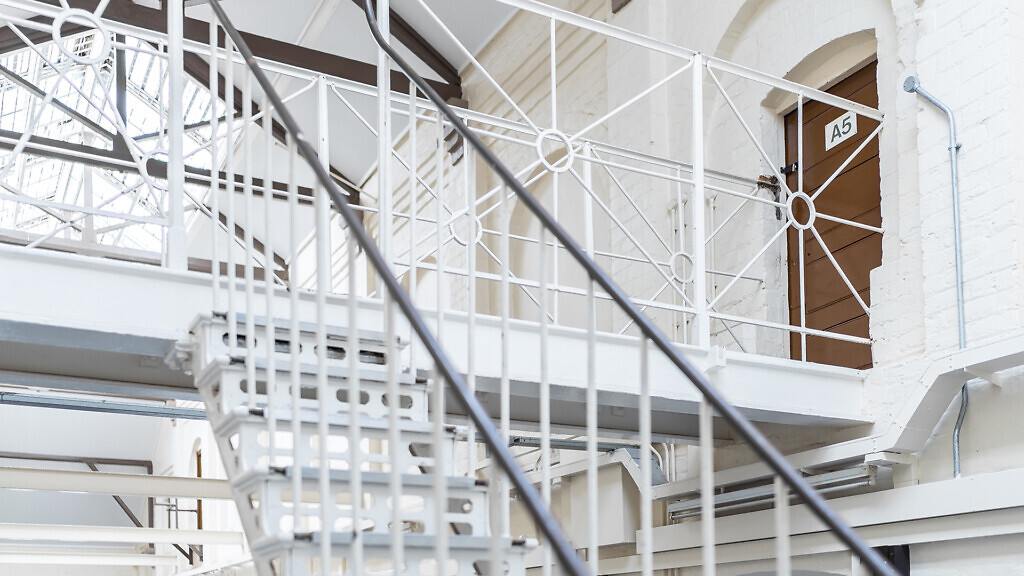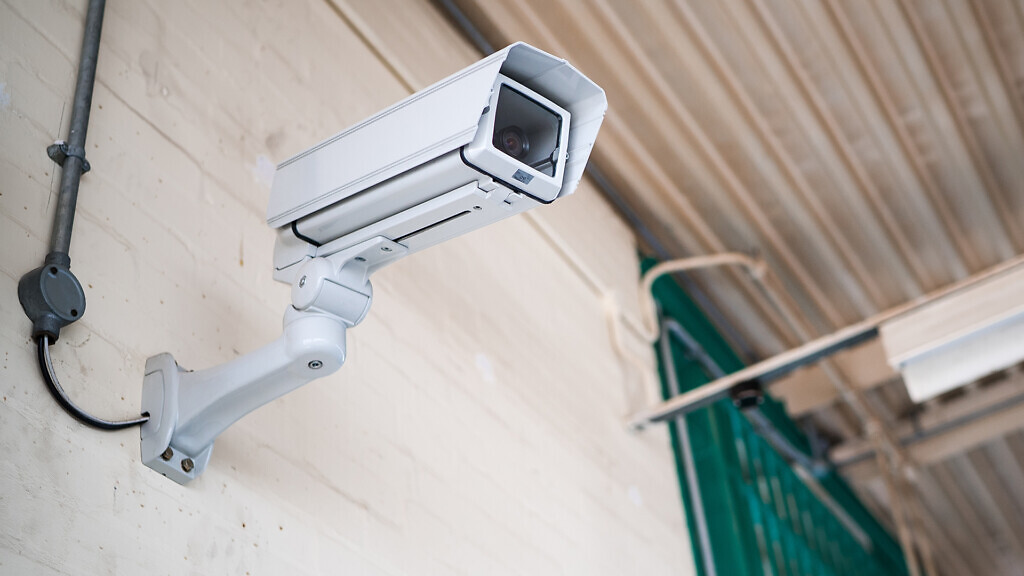A new report by the Health Services Safety Investigations Body finds that female prisoners struggle with dignity, privacy and confidentiality in the way that healthcare is delivered.
Concerns have been raised by the Health Services Safety Investigations Body (HSSIB), a fully independent arm’s length body of the Department of Health and Social Care, about the continuity of care, both for internal and outpatient appointments, for female prisoners.
A new report found that often due to staff shortages, female prisoners are accompanied by male prison officers or a mix of male and female officers to appointments that are sensitive in nature or require intimate examinations.
HSSIB reports a woman being handcuffed to a male prison officer during a mammogram.
In addition to their concerns about privacy and visual dignity, patients and healthcare staff told the investigation that personal hygiene was not taken into consideration. This was particularly the case for women who were going to obstetrics and gynaecology appointments. The women stated that they wanted to shower before these appointments but were not given enough notice.
“We recognise that providing continuity of care to prisoners does create complexity,” says Dave Fassam, senior safety investigator at HSSIB, “However, our investigation highlighted that it can simply be the case that dignity and privacy of prisoners is not considered in the way it should be.”

Struggles with confidentiality
The privacy and dignity concerns described by national organisations, healthcare staff and patients were also complicated by the issue of medical confidentiality. Patients often had their clinic appointments with prison officers in the clinic room, removing patient medical confidentiality. The investigation was told some patients were put on a long cuff which meant the officer could sit just outside the room while still attached to the patient; however, this was still within earshot of the conversation between the patient and the clinician.
Concerns over dignity, privacy and confidentiality are a key reason for patients, especially female prisoners, not attending appointments. Data in the report showed overall “did not attend rates” were high for outpatient appointments. These stood at 48% for women in 2024 versus 26% for the general population.
When it came to appointments within the prison, however, the investigation was told female prisoners are very engaged and the attendance rate is good.

Telemedicine is recommended
The report emphasises that using video and telephone calls could help to solve some of the issues seen with missed outpatient appointments. It could increase the number of outpatient appointments available and reduce the number of appointments that patients refuse to go to. It could also potentially reduce the cost related to prison officer escort duties which costs between £48 million and £50 million a year. Using remote technology could improve continuity of care for prisoners and reduce health inequalities. While many female patients may have to be examined in person, digital appointments could create opportunity to share sensitive concerns or symptoms in a comfortable environment.
The safety recommendations in the report focus on ensuring dignity for prison patients, promoting the use of telemedicine within the prison system and ensuring continuity of care on prisoner transfer or release.
“As well as improving standards around dignity and privacy, we have recommended that the prison system be enabled to make better use of technology,” says Fassam.



